The Mothers’ Antlers
March 26, 2018The mothers have antlers of their own, the eldest
Mother shall lead the rest, show them
How to do with food first of all, house is next,
And training young the last. The Mothers train
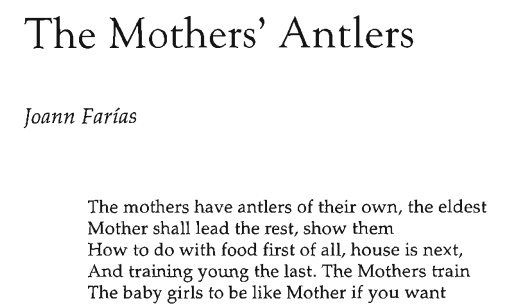
The mothers have antlers of their own, the eldest
Mother shall lead the rest, show them
How to do with food first of all, house is next,
And training young the last. The Mothers train
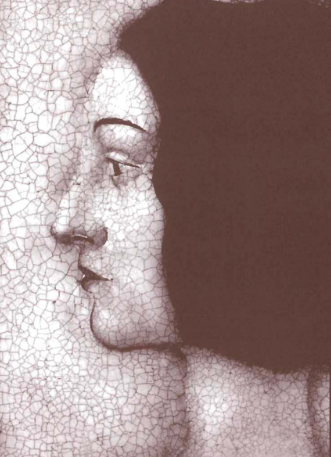
Dialogue 36.3 (2003): 53-80
Compton considers priesthood as portrayed in Old Testament texts and how women are underrepresented in today’s discourse.
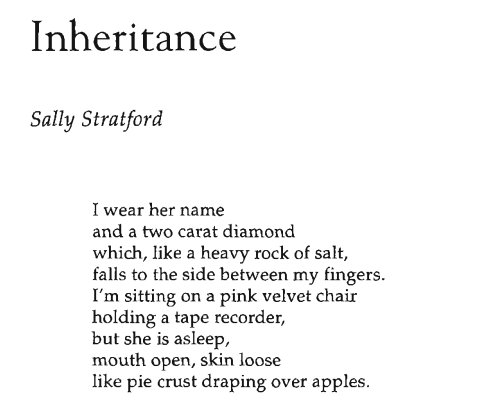
I wear her name
and a two carat diamond
which, like a heavy rock of salt,
falls to the side between my fingers.
I’m sitting on a pink velvet chair
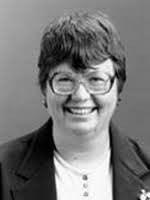
In September of 1993 Lavina Fielding Anderson was excommunicated from the LDS church for documenting and publishing instances of the church’s punishing treatment of Mormon intellectuals and feminists, as well as other instances of ecclesiastical abuse.
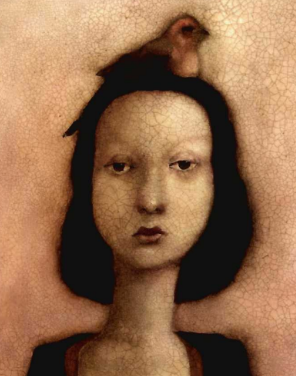
I have always loved the parables and teachings of Jesus about forgive ness and mercy, and I have pondered their meaning for many years. We could say that in these parables, parables such as the…
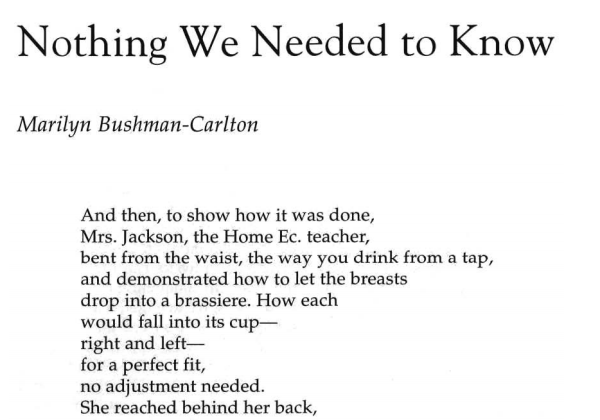
And then, to show how it was done,
Mrs. Jackson, the Home Ec. teacher,
bent from the waist, the way you drink from a tap,
and demonstrated how to let the breasts

Armand Mauss, professor emeritus of Sociology and Religious Studies at Washington State University, has produced the authoritative and definitive study of the evolution of Mormon conceptions of race and lineage. As a practicing Latter-day Saint,…
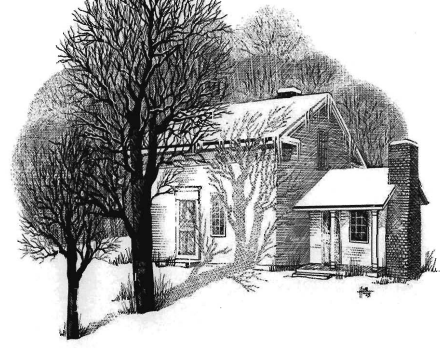
In this biography of Joseph Smith by a non-Mormon historian, we have a short, readable, mostly chronological narrative that presents Joseph Smith and Mormonism as the products of a particular historical period. A professor emeritus…

This slim volume is intended by its publisher to inaugurate a series of monographs devoted to the study of the infamous 1857 massacre of over 100 emigrants by misguided Mormons and their Indian allies in southern Utah. The massacre was initially treated…

The flask lay under a loose plank on the back porch. To someone lifting the board there was only an empty space, but when Wayne knelt and reached to his elbow beneath the adjacent board,…